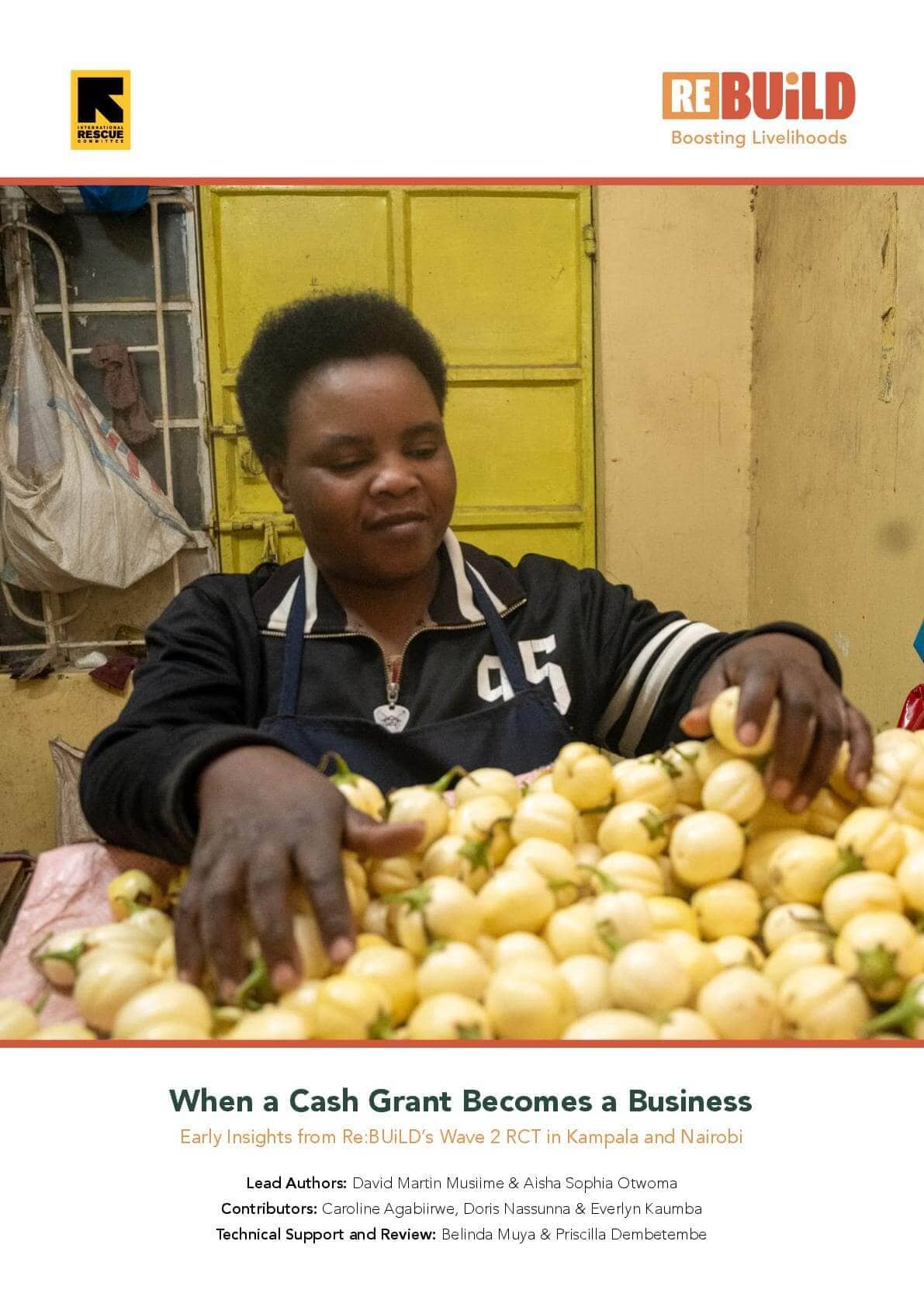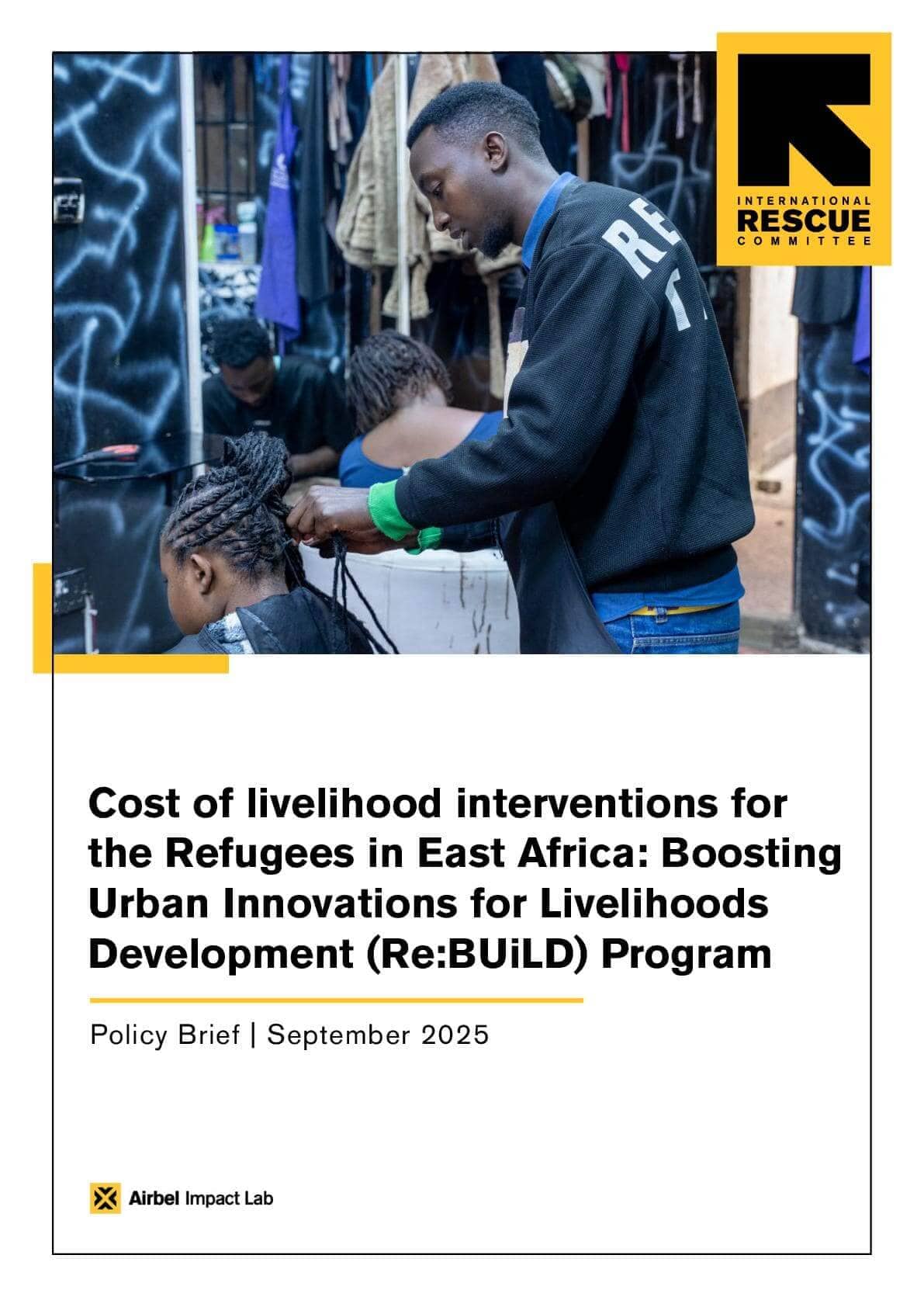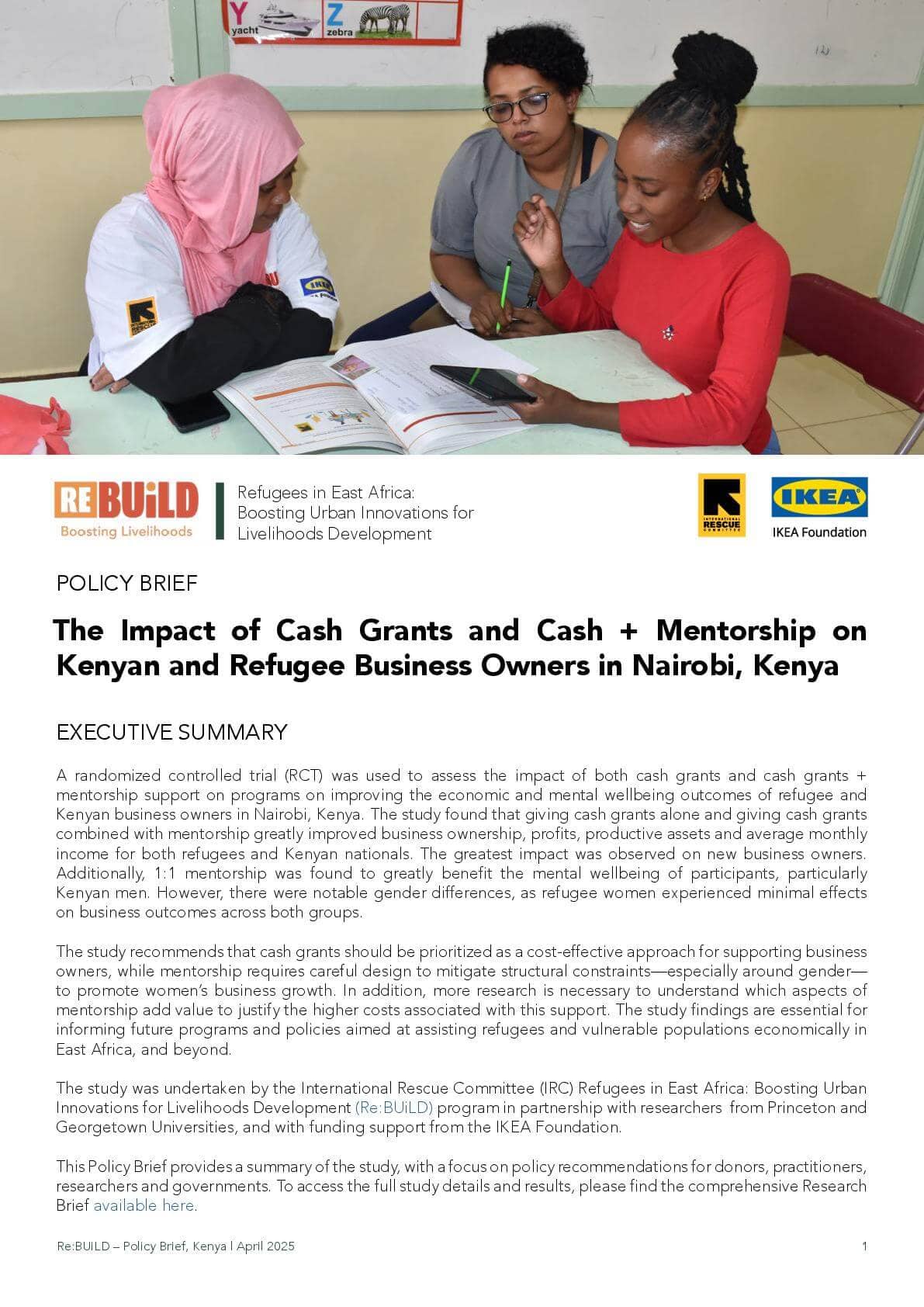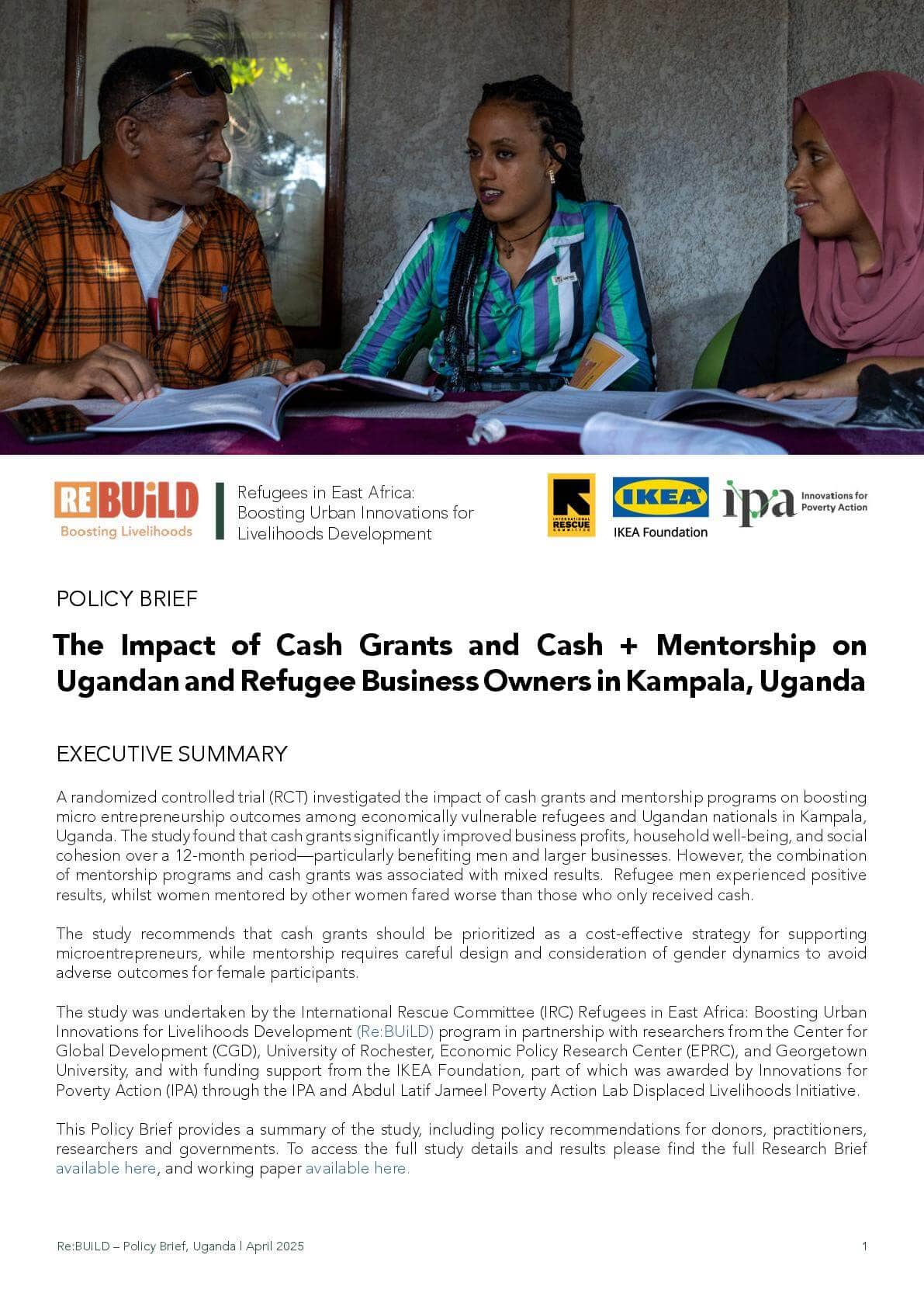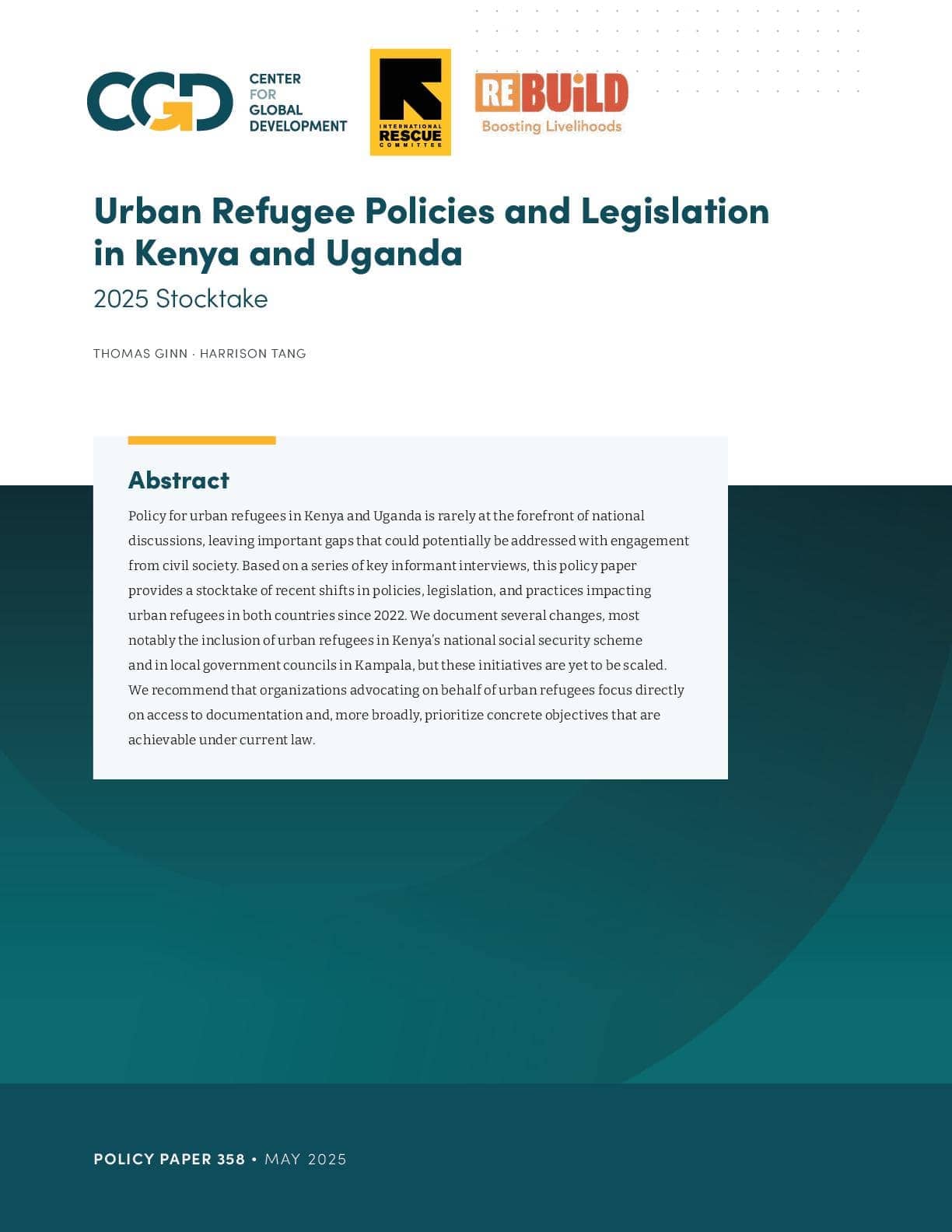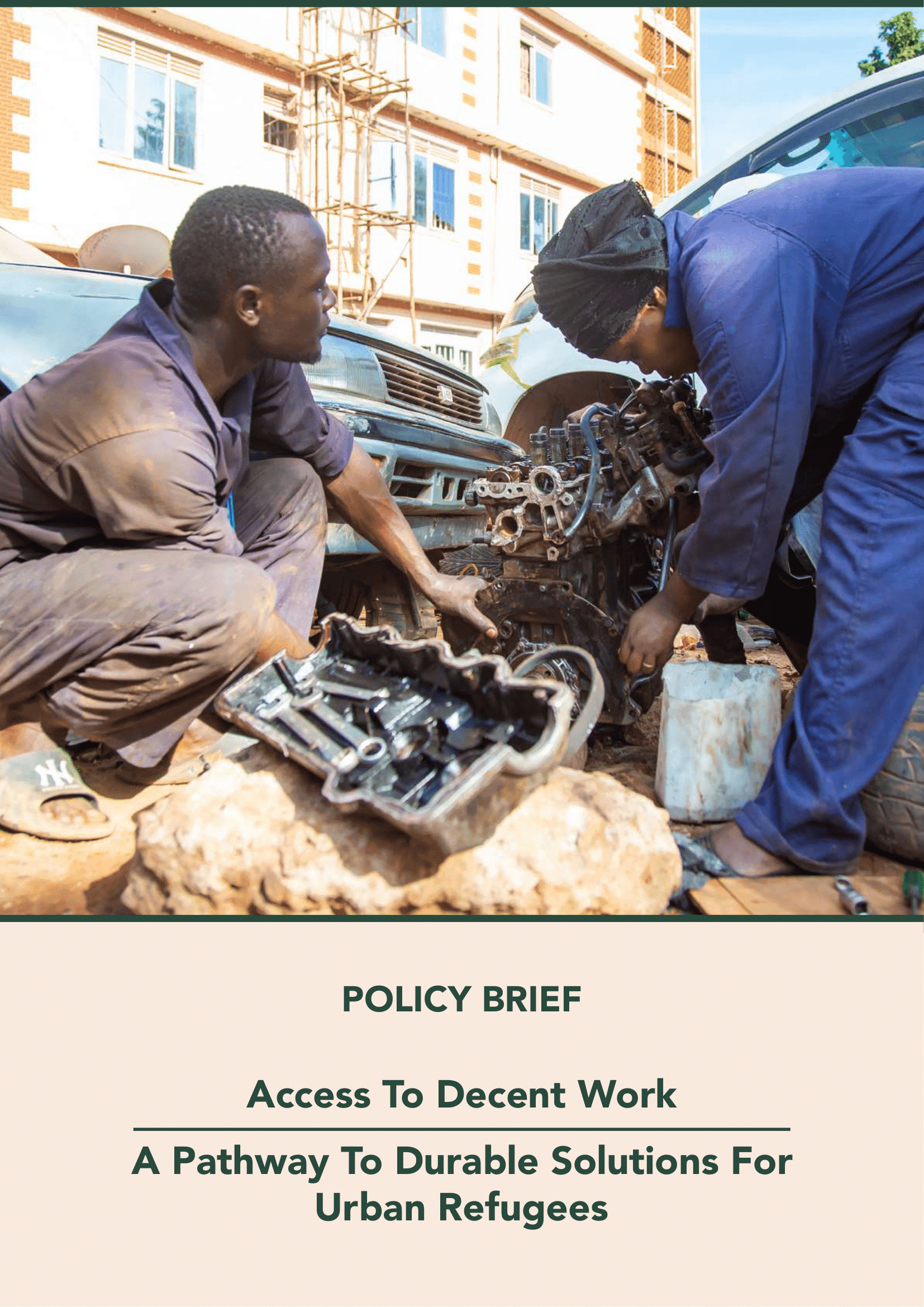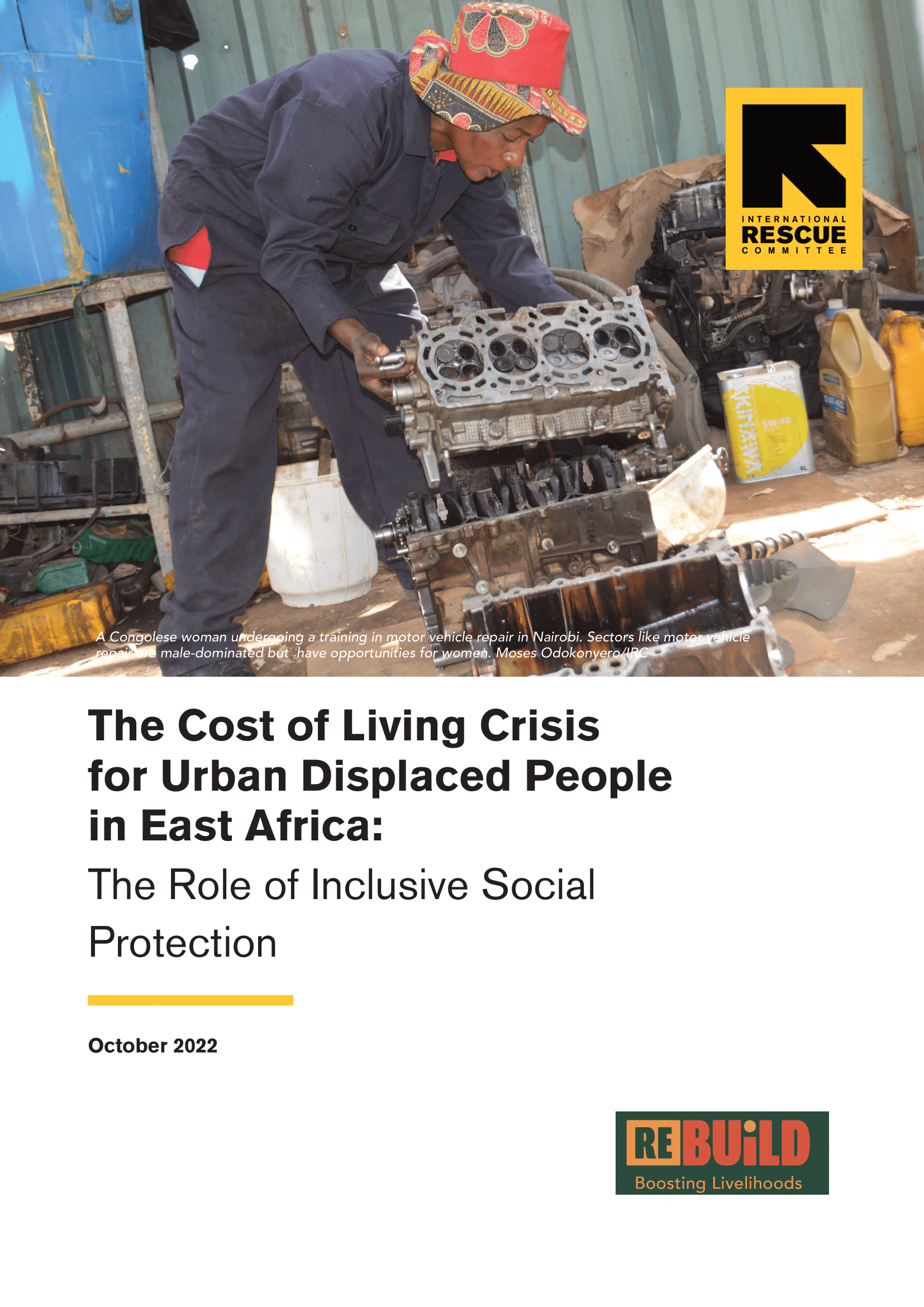When a Cash Grant Becomes a Business: Early Insights from Re:BUiLD’s Wave 2 RCT in Kampala and Nairobi
When a Cash Grant Becomes a Business: Early Insights from Re:BUiLD’s Wave 2 RCT in Kampala and Nairobi
The Re:BUiLD program and researchers from the Immigration Policy Lab at Stanford University, Georgetown University, and Makerere University are conducting a Randomized Control Trial (RCT) to evaluate the impact of business networks on businesses run by refugees and vulnerable host communities in Kampala and Nairobi. This is the second wave of RCTs conducted under the Re:BUiLD program following a first wave of RCTs that evaluated the impacts of mentorship on business outcomes and social cohesion. The second wave of RCTs supports approximately 8,000 refugees and hosts in Kampala and Nairobi to start and grow micro-enterprises through unconditional business grants and networking groups.
This brief presents insights from data collected during the post-grant monitoring and business verification exercise between January and April 2025. It captures early evidence from Re:BUiLD’s Wave 2 RCT that shows how modest, unconditional business grants, paired with trust and flexibility, can rapidly catalyze micro- enterprise formation among refugees and host communities in Kampala and Nairobi. Over 60% of recipients had operational businesses shortly after receiving their grants, with women and refugees leading the charge. Most recipients used the funds for inventory, equipment, or pay rent for business premises, while a smaller group prioritized urgent basic needs, highlighting the dual pressures of survival and entrepreneurship. These findings underscore the power of cash to deliver fast, tangible outcomes. As the RCT progresses, upcoming midline and endline analyses will explore how these early sparks evolve into sustainable livelihoods.
